Agricultural drainage is the removal of excess water from the soil surface and/or soil profile of cropland, by either gravity or artificial means. The two main reasons for improving the drainage on agricultural land are soil conservation and enhancing crop production. The management goal of agricultural drainage is to maintain a salt balance in the crop root zone in arid areas and proper soil water balance in humid areas. Drainage water from different locations and/or facilities will have different quality characteristics. Poor quality water should be separated from good quality water. If drainage water is unsuitable for reuse, it should be disposed of in a sink of lower quality water. In recent years, public concern has increased about the nature of agricultural drainage and the impact of agricultural drainage improvements on the quality of water resources and environment. This publication is designed to help citizens to understand the purpose and nature of agricultural drainage systems and water quality issues. It will be a highly useful reference tool farm and project managers, consultants, engineers and students and researchers in the field of agricultural science.
Agricultural Drainage and Water Quality
In stock
Free & Quick Delivery Worldwide
Bibliographic information
Title
Agricultural Drainage and Water Quality
Author
Edition
1st ed.
Publisher
Gene-Tech Books, 2007
ISBN
8189729268
Length
viii+278p., Tables; Figures; Bibliography; Index; 23cm.
Subjects

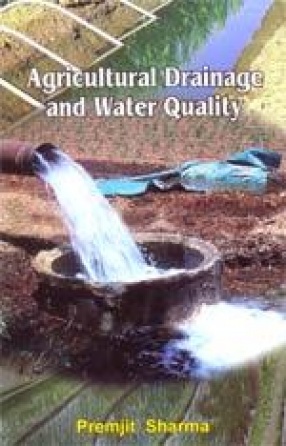
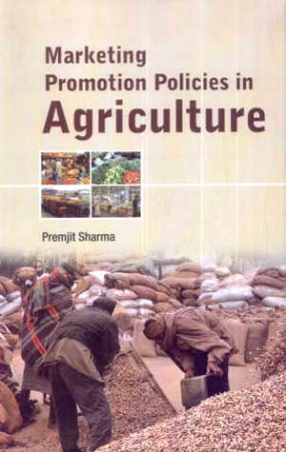
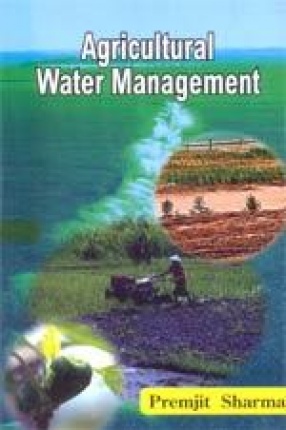
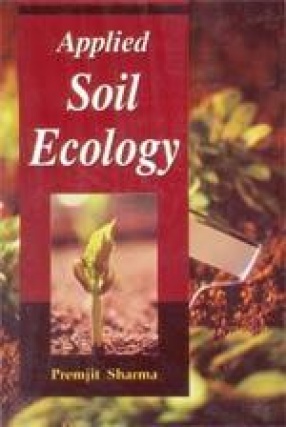
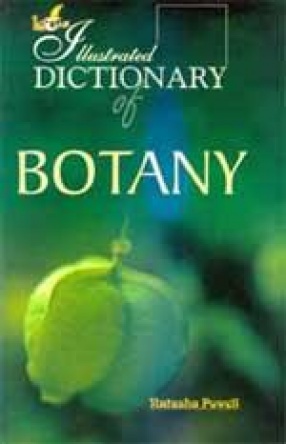

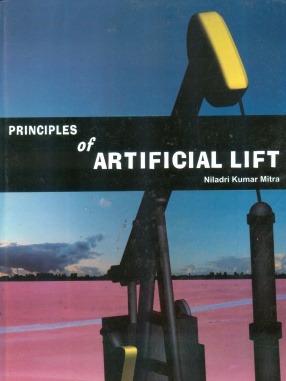
There are no reviews yet.